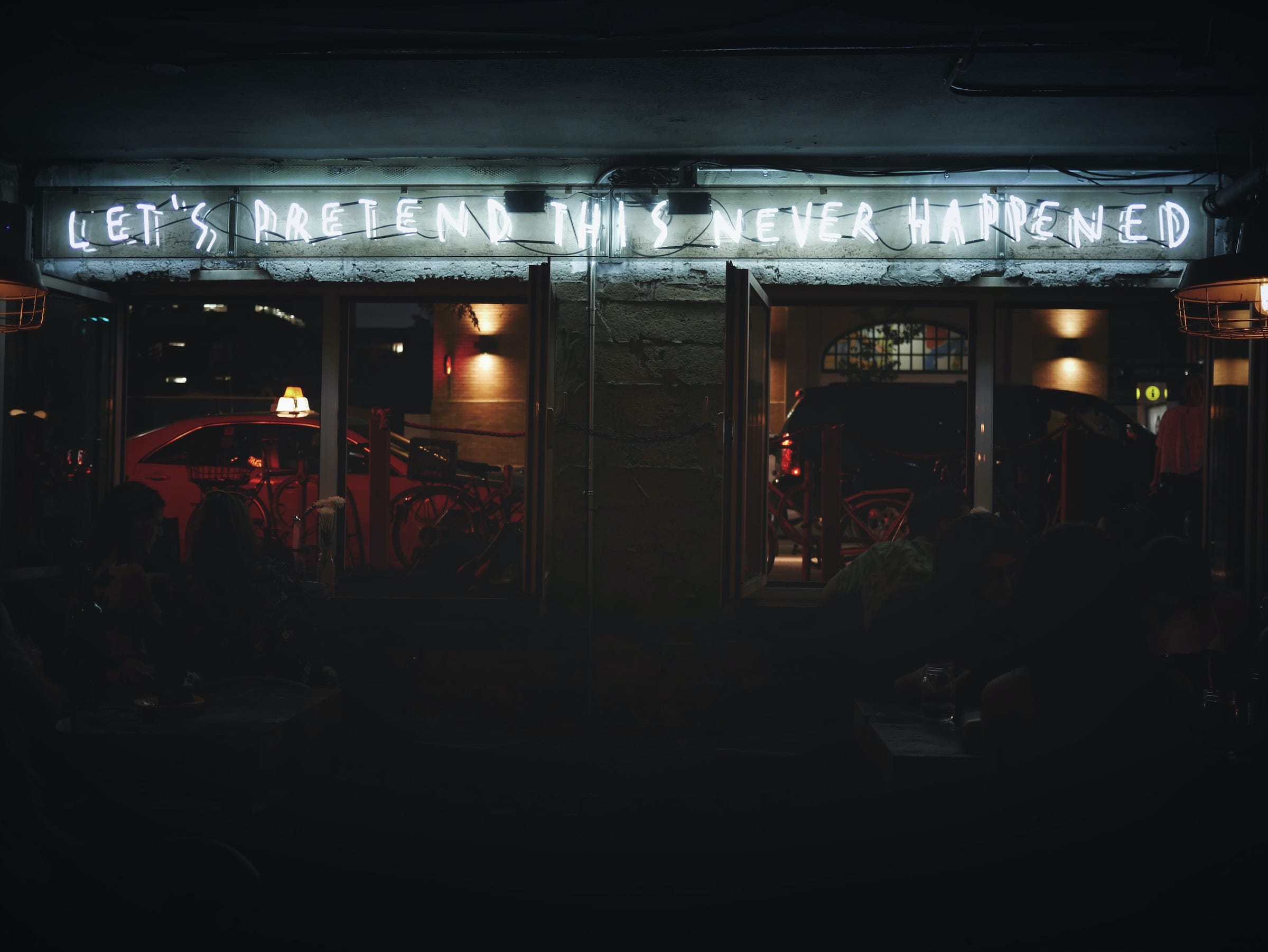Imposter Syndrome Isn't What You ThinkThe real imposter is the part of you that disrespects yourself. 🎭
Do you ever have imposter syndrome? Of course you do. Sorry for making an assumption—it’s just that “imposter syndrome,” at least as it’s often thought of, is pretty common. Something like 70% of people say that they identify with it at least sometimes. Even mega-successful people tend to reference it. Tom Hanks, Maya Angelou, Sheryl Sandberg—each of them and many others have used the phrase in interviews. Yet an article in the New Yorker called it a dubious concept, or at least one that’s been misinterpreted and argued over for decades. The two researchers who originated the concept of imposter syndrome preferred to call it a phenomenon.¹ And despite the fact that it’s 40 years old, there’s no diagnosis for this universally-recognized “syndrome.” Years later, two other authors criticized the concept entirely, noting that marginalized people in particular tended to blame imposter syndrome rather than systemic inequality for the barriers they encountered. When someone believes that they’re the problem, it directs attention away from the real issue and towards a myriad of self-help and personal development resources.Imposter syndrome has been commercialized, in other words. (Shocking, right?) Another academic essay I found suggested that we think of imposter syndrome/phenomenon as more of a public feeling than a private one:
Whatever You Call It, We Have Negative Beliefs About OurselvesLeaving aside the academic discussion, let’s think about imposter syndrome more conceptually. After all, whether there is such a thing or not, it’s indisputable that most of us have negative beliefs about ourselves. Often, these beliefs take on a form of perceived fraudulence:
(Thinking of it like that, it seems pretty clear that there is a widespread pattern of these limiting beliefs. Might as well call it something, right?) But I also think we can flip the concept a little. There IS an imposter, but the imposter is not you. When you have these negative beliefs, those beliefs are the part of you that’s the imposter. When you give in to the feelings of insecurity, that’s the imposter taking over. The imposter doesn’t want you to win! The imposter wants you to remain stuck, not making progress, taking bold steps, and otherwise rising above the imposter-ness of it all. Your true self, on the other hand, knows that you are more than capable. It believes in you. It’s cheering you on, and it’s right beside you all the way. Your true self wants you to succeed and overcome. Shifting your point of view in this fashion doesn’t exclude the reality of any systemic barriers, of course. It’s just that with or without barriers, you still have the same objective: to believe in yourself and rise above. So don’t give in to imposter syndrome, however you define it. You can’t always change your beliefs right away, including any negative ones you have about yourself—but you can choose what you do about them. Your beliefs will follow your behavior, and that matters more than any imposter. *** See Also
Conversation Starters
1 Clance, P. R., & Imes, S. A. (1978) The Impostor Phenomenon in High Achieving Women: Dynamics and Therapeutic Intervention. Psychotherapy: Theory, Research & Practice, 15(3), 241–247. https://psycnet.apa.org/record/1979-20753-001 2 Breeze, Maddie. (2018) Imposter Syndrome as a Public Feeling. Palgrave Studies in Gender and Education. https://link.springer.com/chapter/10.1007/978-3-319-64224-6_9 You're currently a free subscriber to 🌻 A Year of Mental Health. For the full experience, upgrade your subscription. |
Monday, January 29, 2024
Imposter Syndrome Isn't What You Think
Subscribe to:
Post Comments (Atom)
Have You Ever…
No, seriously - I am curious. ͏ ͏ ͏ ͏ ͏ ͏ ͏ ͏ ͏ ͏ ͏ ͏ ͏ ͏ ͏ ͏ ͏ ͏ ͏ ͏ ͏ ͏ ͏ ͏ ͏ ͏ ͏ ͏ ͏ ͏ ͏ ͏ ͏ ͏ ͏ ͏ ͏ ...
-
insidecroydon posted: " Become a Patron! What's on inside Croydon: Click here for the latest events listing...



No comments:
Post a Comment